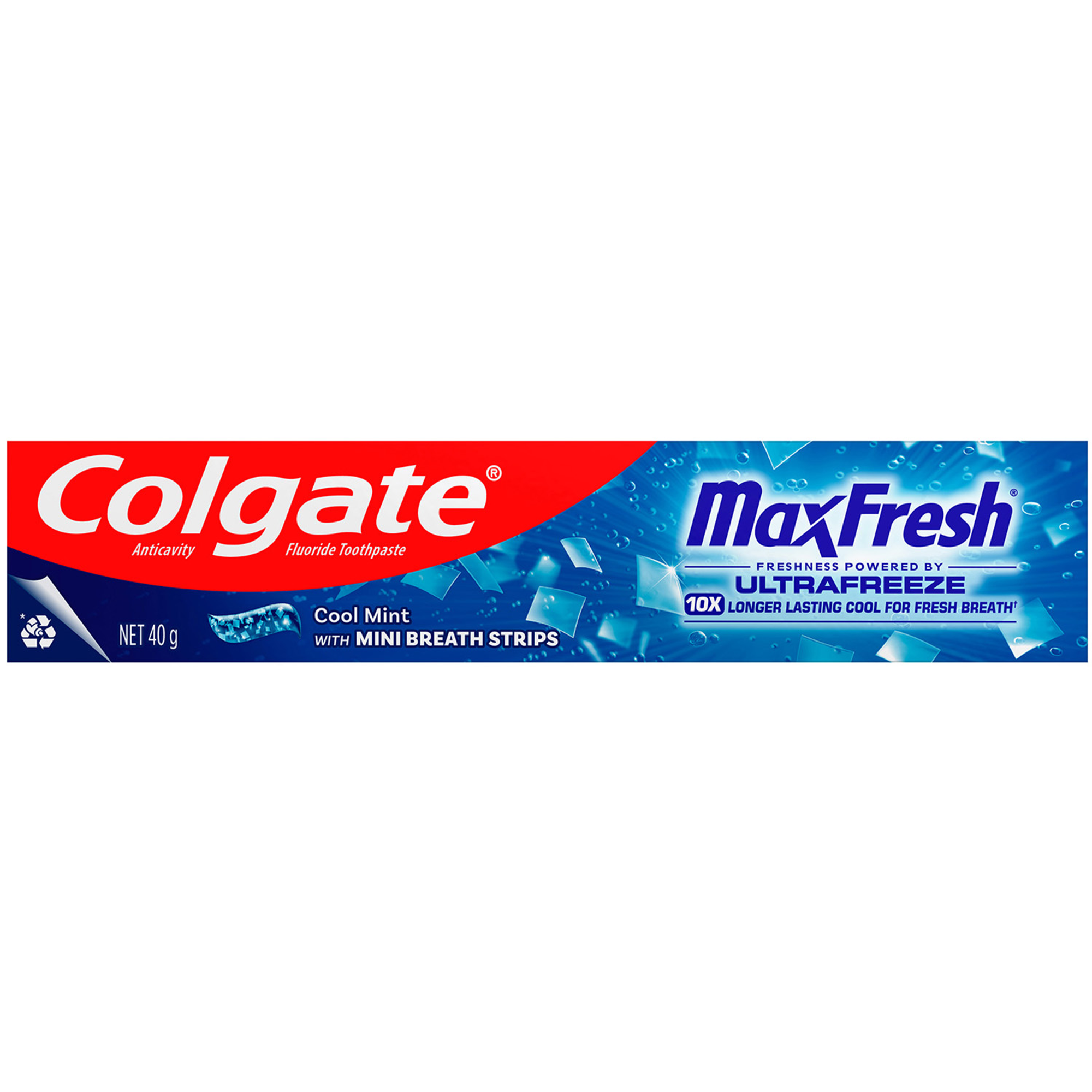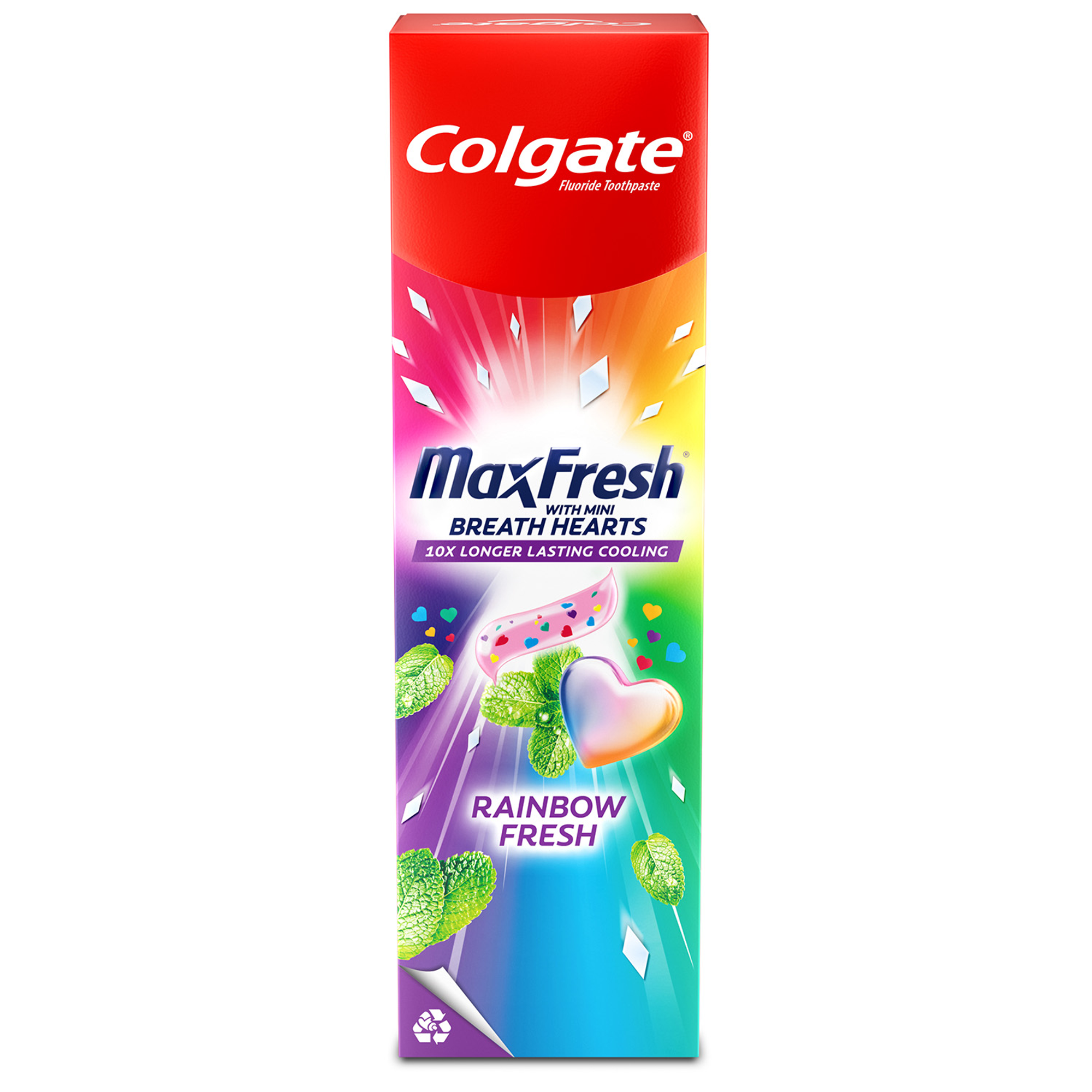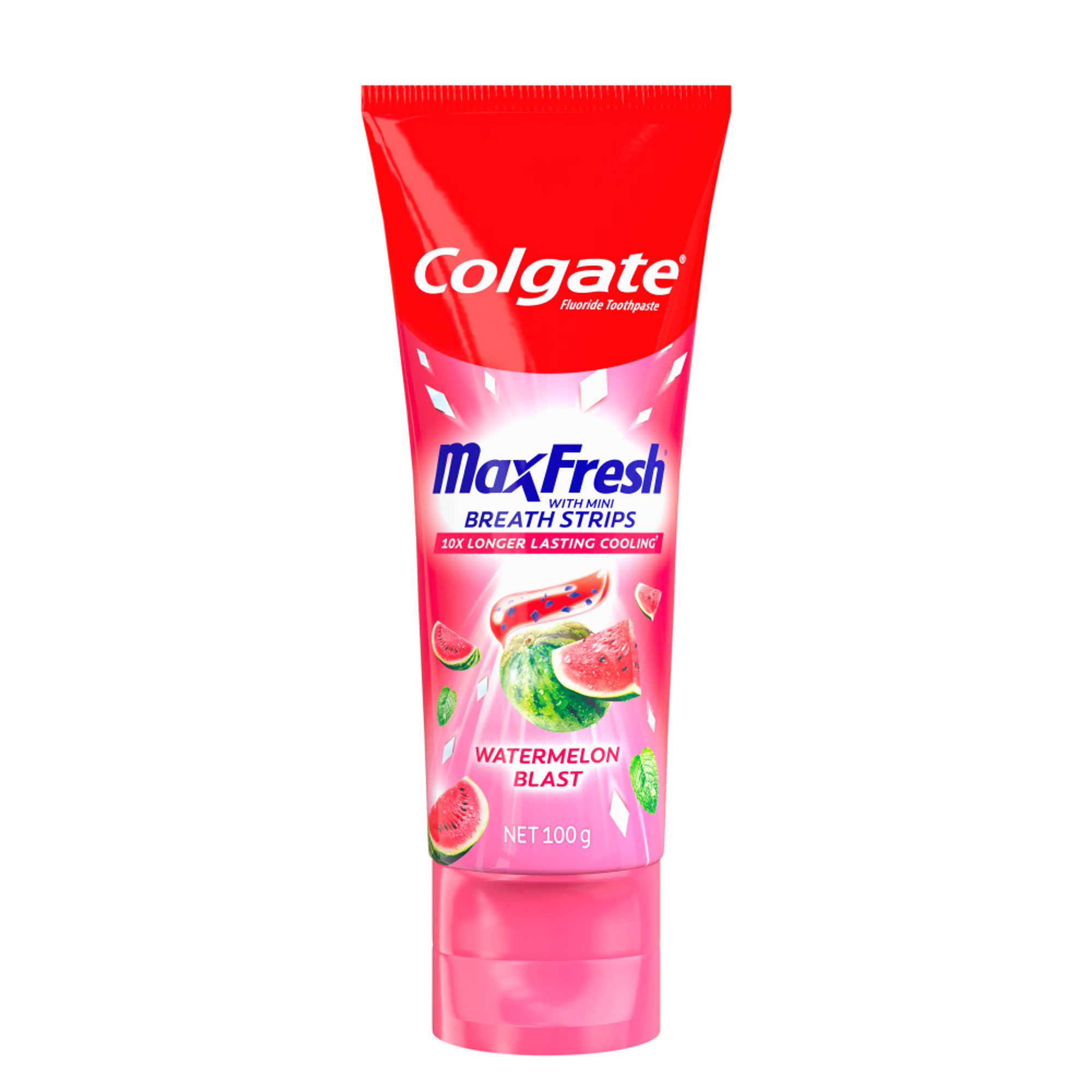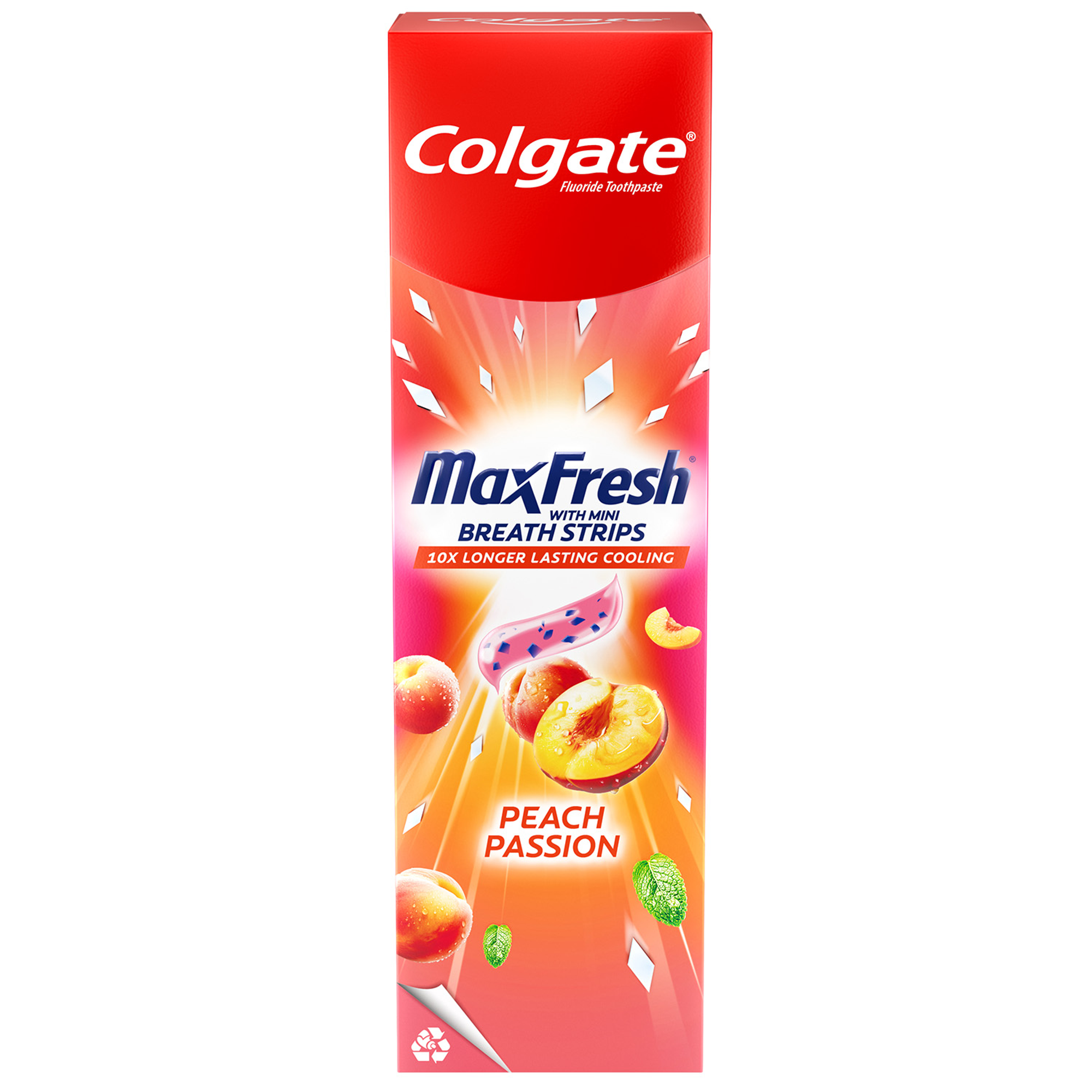-
-

BRUSHING & FLOSSING
How to BrushWhat Is the Right Way to Brush?
Proper brushing takes at least two minutes — that's right, 120 seconds!...

BRUSHING & FLOSSING
How To FlossWhat is the Right Way to Floss?
Proper flossing removes plaque and food particles in places where a toothbrush cannot easily reach... -
Science & Innovation
- Home
- Oral Health
- Microbeads In Toothpaste: What You Need To Know


Back in 2015, Australia’s Department of the Environment and Energy (DEE) announced a voluntary move to end the use of microbeads in personal care products like toothpaste over the following years. But what exactly are microbeads, and why have they been marked for elimination?
What Are Microbeads?
The DEE defines microbeads as "small, solid, manufactured plastic particles that are less than 5mm and don't degrade or dissolve in water."
Microbeads are cheap and easy to mass-produce, making them a popular ingredient in personal care products in recent years. Manufacturers have used them as:
- Abrasive agents in toothpastes.
- Exfoliating agents in skincare products.
- Bulking agents.
- Preservatives to extend shelf life.
So they’re cheap, multifunctional and effective – what’s the problem?
The Environmental Impact Of Microbeads
The DEE explains that most wastewater treatment systems can’t capture microbeads due to their tiny size. That means that when you brush your teeth with a microbead toothpaste, for example, you’re washing these little plastic particles down the drain and directly into our rivers, lakes and oceans.
Microbeads build up in the water and absorb pollutants. They’re mistaken for food by birds, fish and other marine creatures, damaging wildlife populations and making their way into the food chain. That means that the freshly caught fish on your plate most likely comes with a hidden side of toxic plastic.
What Is The Government Doing About Microbeads?
Microbeads are not biodegradable, so once they’re out there in the environment, they’re impossible to remove. Prevention is the best treatment, which is why the DEE has resolved to end their use altogether.
In 2015, the Department implemented a voluntary phase-out plan, asking manufacturers to phase out microbead use in personal and cosmetic rinse-off products by July 2018. If the phase-out was unsuccessful, the Department pledged to implement a full ban.
As of May 2018, the DEE reported that 94% of all rinse-off products on the market were free from microbeads, indicating that the voluntary phase-out had been successful. The Department continues to work with the remaining manufacturers to reach 100% compliance.
What Are The Alternatives To Microbeads In Toothpaste?
Microbeads were used in toothpastes for abrasivity, or their ability to scrub and lift surface stains off the teeth.
The New Zealand Ministry for the Environment reports that many personal care manufacturers have replaced microbeads with sustainable, biodegradable options, such as crushed nut shells and apricot kernels. However, these ingredients are too abrasive for toothpastes.
If a toothpaste is too rough on the teeth, it can scrub away the tough enamel coating and leave you vulnerable to sensitivity and various other dental concerns. So what are the alternatives for an effective but safe toothpaste?
Many toothpaste brands in Australia now use polymer-based particles instead of plastics. These ingredients dissolve in water and biodegrade, so they’re thought to be a healthier option for marine life and for us. Other toothpastes use natural ingredients like baking soda.
A good way to be sure you’re using a safe and effective toothpaste is to look for a product with the Australian Dental Association (ADA) Seal of Approval. In order to be awarded the Seal, the toothpaste has to meet rigorous international quality and safety standards like the ISO 11609, which includes maximum limits on abrasivity.
When you shop for plastic-free products bearing the Seal, you can be confident you’re protecting your smile and the environment!
Related Articles

Acid reflux occurs when stomach acid moves into the oesophagus, leading to heartburn or regurgitation where sour or bitter acid backs up in the throat or mouth.

Bad breath can come from a number of places, but did you know you can get bad breath from stomach problems?

This article is intended to promote understanding of and knowledge about general oral health topics. It is not intended to be a substitute for professional advice, diagnosis or treatment. Always seek the advice of your dentist or other qualified healthcare provider with any questions you may have regarding a medical condition or treatment.
Related Products

Helping dental professionals
More professionals across the world trust Colgate. Find resources, products, and information to give your patients a healthier future








